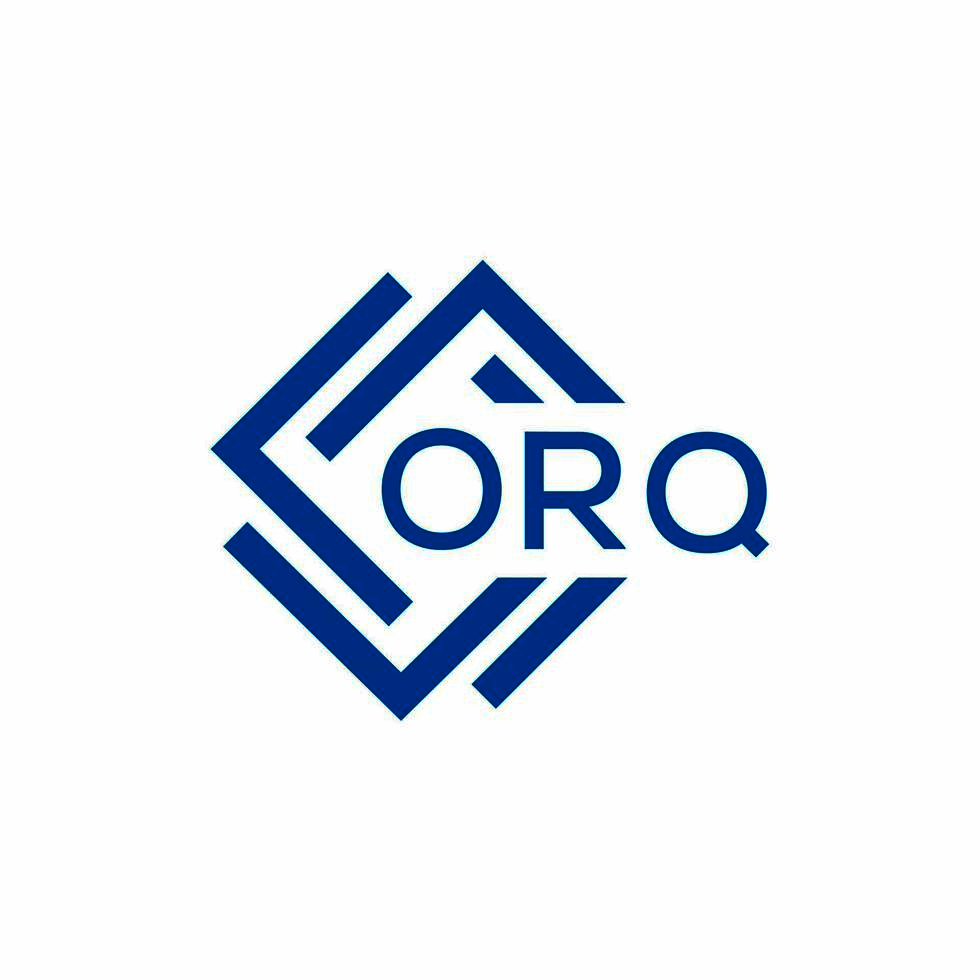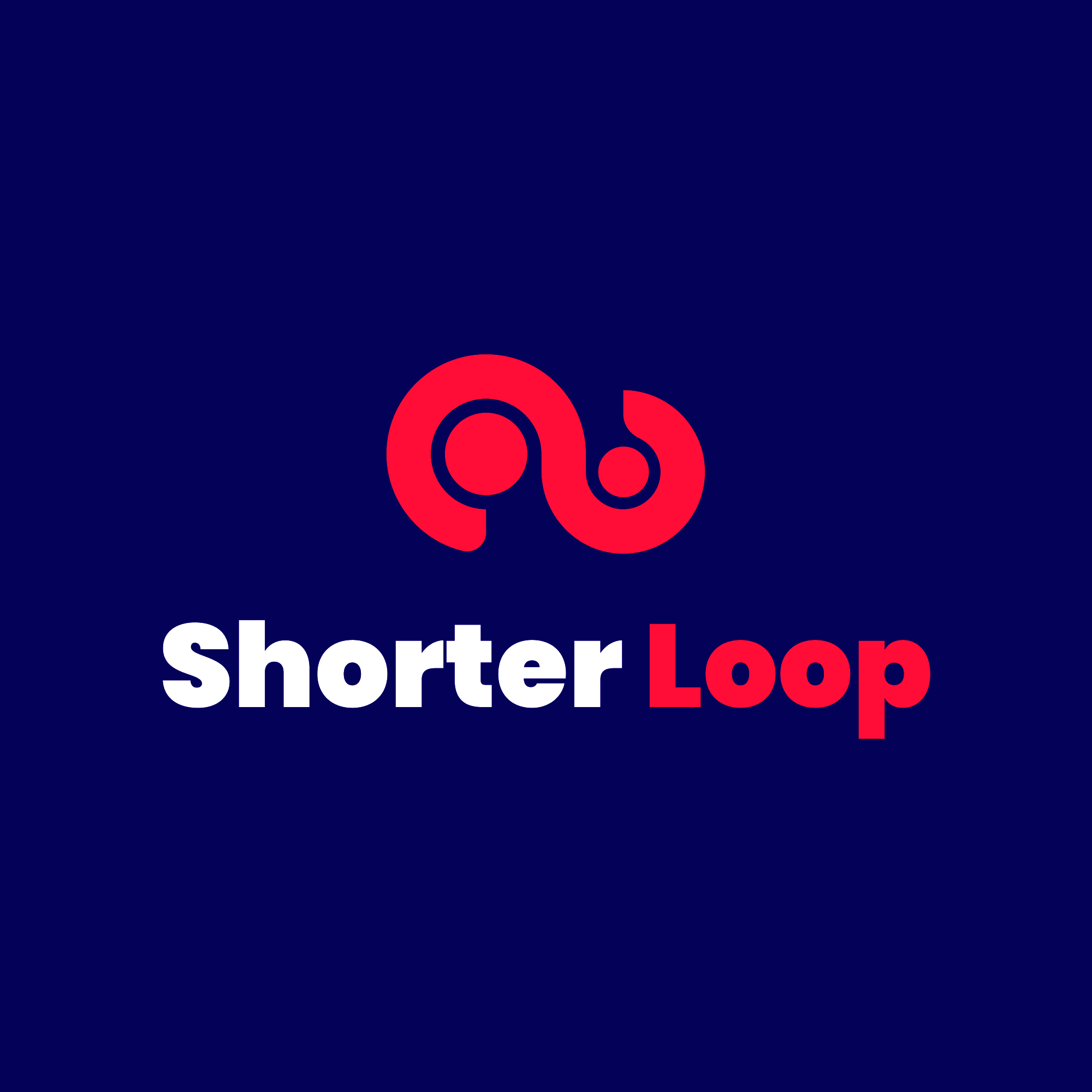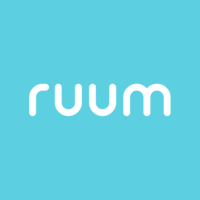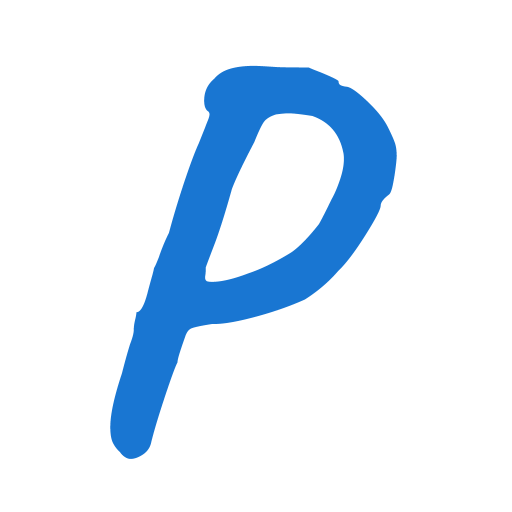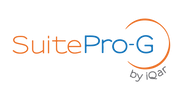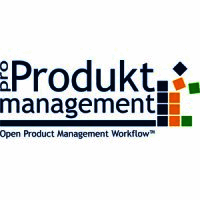"Yes, most modern product management applications are intended to be available from numerous devices and platforms. This implies that the same program will work on your desktop, laptop, tablet, or smartphone without trouble. Additionally, these programs have web-based versions that may be accessed from any browser or operating system. This enables seamless collaboration and productivity, regardless of your device or platform preferences."
List of 20 Best Product Management Tools
Chisel solution for product management. This comprehensive tool prioritizes team collaboration, customer feedback and roadmap planning to deliver exceptional results. With advanced AI-driven insights, Chisel elevates productivity and streamlines deci...Read More Chisel
Orq.ai simplifies the development of AI applications, allowing users to create comprehensive solutions from beginning to end. Our platform empowers product managers and industry experts, eliminating the need for coding proficiency. This saves enginee...Read More Orq.ai
Bigdbizs Sales Order App solution for optimizing your sales procedures. Ideal for busy sales teams, this app enables you to effortlessly display products and generate orders in real time using your smartphone or tablet. Bid farewell to lengthy wait t...Read More Bigdbiz Sales Order App
Ravetree is a work management platform for project-driven businesses. Say goodbye to scattered project management and resource allocation processes, and hello to streamlined workflows and centralized information. Boost productivity and stay informed...Read More Ravetree
Shorter Loop is a platform for product management. With Shorter Loop, you can effortlessly discover the best solutions and generate practical strategies to delight your clients. This results in improved customer satisfaction and higher willingness to...Read More Shorter Loop
Tactical Arbitrage is software designed for online arbitrage and wholesale sourcing, globally. By utilizing cutting-edge technology, it scans multiple websites and compares prices with Amazon, enabling sellers to easily uncover lucrative products for...Read More TacticalArbitrage
Vision PLM is a PLM solution for retail and sourcing companies. Our advanced software streamlines new style development, eliminating the need for manual work. With its user-friendly interface and precise data, Vision PLM helps you stay informed and t...Read More Vision PLM
hellonext is a solution for managing feature requests, bug reports and customer feedback. Keep your customers engaged by enabling them to leave feedback directly on your hellonext page and keep them updated on your progress. With our user-friendly pl...Read More hellonext
Ruum is a Project Management Software designed to provide a personalized experience. With Ruum, coordinating and collaborating on projects has never been easier. From beginning to end, this powerful platform helps streamline your project management p...Read More Ruum App
Hygger is an essential solution for agile project management, offering a variety of prioritization tools. It provides a cost-effective approach, allowing for efficient feature development without excessive time or budget requirements. With Hygger, pr...Read More Hygger
Productific - the premier SaaS platform for product owners seeking to streamline their roadmap voting and user feedback system. Our goal is to equip product owners with informative insights to facilitate informed decision-making for product enhanceme...Read More Productific
SuitePro-G is a project portfolio management tool designed to enhance your efficiency. With its user-friendly interface, this comprehensive solution enables you to efficiently manage individual projects and larger portfolios. Stay organized, optimize...Read More SuitePro-G
Brandquad - the complete product content management solution for manufacturers, retailers, and distributors. Our powerful suite enables you to effortlessly create, enhance, and manage top-quality content, including PIM and DAM systems, eCommerce inte...Read More Brandquad
PIMworks - a solution that simplifies content and digital asset management for different audience segments. This game-changing software elevates product experience by optimizing product information. Intuitive features of PIMworks make product informa...Read More PIMworks
our new JIRA Product Management Dashboard! This innovative tool empowers product managers to efficiently handle and monitor essential project and product information directly within the JIRA platform. With a comprehensive view of tasks, user stories,...Read More Product Management Dashboard for JIRA
CaseCamp - a project management solution that offers unlimited project capabilities, real-time team monitoring, and seamless integration with GitHub and SVN. With advanced features like location tracking and mobile notifications, CaseCamp transforms...Read More CaseCamp
AmpleLogic APQR solution for your Annual Product Quality Review process. Our powerful web and cloud-based software simplifies the review of each batch produced, eliminating the use of paper documentation. With AmpleLogic APQR, your quality review pro...Read More AmpleLogic APQR
Targetprocess is intuitive portfolio management solution perfect for enterprise teams. Its highly customizable interface facilitates seamless planning, tracking, and management of work across departments, eliminating silos and enhancing collaboration...Read More Targetprocess
Aha!, the top-ranked product lifecycle management software, streamlines your workflow with its intuitive drag and drop interface and real-time data updates. Monitor project status with detailed tracking, and achieve faster time-to-market, improved pr...Read More Aha!
Blitzllama solution for improving customer satisfaction and gathering valuable in-product feedback. With its innovative features including in-product surveys, GPT4 technology for feedback analysis, and customizable feedback boards, Blitzllama streaml...Read More Blitzllama
Learn More About Product Management Tools
- What Is Product Management Tools?
- What Are The Recent Trends In Product Management Tools?
- Benefits Of Using Product Management Tools
- Important Factors To Consider While Purchasing Product Management Tools?
- What Are The Key Features To Look For In Product Management Tools?
- Why Do Businesses Need Product Management Tools?
- How Much Time Is Required To Implement Product Management Tools?
- What Is The Level Of Customization Available In Product Management Tools?
- Which Industries Can Benefit The Most From Product Management Tools?
- Conclusion
What Is Product Management Tools?
Product management tools are software solutions that help firms manage their products throughout their full lifespan, from inspiration and development to launch and support. These solutions give product managers a consolidated platform to organize and track all elements of their products, collaborate with team members, acquire important insights, and make data-driven choices.
One of the primary advantages of product management solutions is their ability to streamline and improve efficiency. With features like agile planning, project management, and task assignment, these solutions help teams meet deadlines and produce high-quality products on time. They also provide tools for building roadmaps, defining product goals, and prioritizing features to ensure that the product is consistent with the company's overarching vision and strategy.
Another significant benefit of adopting product management solutions is the capacity to collect and analyze data. These technologies offer advanced analytics and reporting capabilities, allowing firms to get vital insights into customer behavior, market trends, and product performance. This information enables product managers to make more informed decisions and changes to their product strategy, resulting in more customer happiness and revenue.
Product management tools encourage cross-functional communication among team members. They enable simple communication and collaboration across departments, allowing the sharing of ideas and ensuring that everyone is working toward a common goal. Furthermore, these solutions include customizable workflows and access controls, ensuring that tasks are distributed to the appropriate team members and that everyone is on the same page.
When looking for a product management platform, you should evaluate simplicity of use, integration capabilities, scalability, and affordability. Asana, Jira, Trello, and Product board are among of the market's most popular solutions. Finally, the best product management solution for your company will be determined by your unique requirements and objectives.
Overall, product management solutions are critical for any company that wants to optimize its product development processes, improve productivity, and make data-driven decisions. With a diverse variety of features and capabilities, these tools have become an invaluable asset for businesses of all kinds, from startups to large corporations.
What Are The Recent Trends In Product Management Tools?
Product management technologies have become critical for businesses seeking to optimize their product development processes and drive business success. With an ever-changing market and increased competition, these tools have experienced substantial adjustments and developments to satisfy the dynamic needs of enterprises.
Here are some of the latest developments in product management tools that every buyer should be aware of before making a purchasing choice.
1. Integration With Agile Techniques: As Agile methodologies have gained popularity in the product development market, product management solutions are now integrating with Agile frameworks. This enables teams to easily plan, track, and prioritize work tasks, resulting in speedier delivery of high-quality goods.
2. Emphasis On Collaboration And Communication: Effective collaboration and communication between team members, stakeholders, and consumers are critical to successful product management. As a result, current product management platforms now include capabilities like real-time messaging, task assignment, and notifications to improve communication and cooperation.
3. Customer-Centric Approach: As customer expectations shift, product management solutions are increasingly focusing on providing a customer-centric experience. This entails collecting customer input, assessing it, and implementing it into the product development process to ensure customer pleasure and retention.
4. AI And Machine Learning: Product management tools now incorporate artificial intelligence (AI) and machine learning, allowing them to automate procedures, predict trends, and make data-driven choices. This enables teams to make more informed decisions and enhance their product strategy for improved results.
5. Cloud-Based Solutions: As remote work becomes the norm, product management tools are transitioning to cloud-based options. This enables teams to use the application from anywhere, collaborate in real time, and maintain data security.
6. Prioritize Analytics And Data Tracking: As businesses seek to use data to drive decisions, data analytics and tracking have become critical for product management. Modern product management technologies include detailed analytics and reporting capabilities, allowing teams to track product performance and discover areas for development.
Benefits Of Using Product Management Tools
Product management solutions are critical for firms seeking to efficiently manage and launch their products. These tools provide a variety of features that can help to speed the product development process, save time and costs, and increase overall product quality.
Let's explore, we will go over the numerous advantages of using product management solutions, allowing you to make an informed decision about which tool is best for your company.
1. Streamlined Communication: One of the most difficult aspects of product management is coordinating and communicating with cross-functional teams. Product management systems give teams a single platform to collaborate, share changes, and allocate responsibilities. This improves communication and keeps everyone on the same page, resulting in speedier decisions and more efficient product development.
2. Efficient Product Planning: Product management systems help firms plan and prioritize product features based on customer wants, market trends, and business objectives. With these tools, you can simply develop product roadmaps, define release schedules, and measure progress to ensure high-quality products are delivered on time.
3. Improved Product Quality: Product management solutions include capabilities such as bug tracking, feedback management, and user testing, which assist firms in identifying and addressing issues throughout the product development process. By detecting and correcting issues early on, these techniques can greatly enhance product quality while lowering the chance of consumer discontent.
4. Increased Transparency: Product management solutions give managers real-time access into project development, allowing them to track and monitor team performance. This not only keeps the project on track, but it also promotes transparency within the team, encouraging accountability and a sense of ownership among members.
5. Data-Driven Decision Making: Product management technologies include powerful reporting and analytics capabilities, giving firms important insights into customer behavior, market trends, and product performance. This data enables firms to make informed decisions about product development, positioning, and marketing tactics, resulting in product success.
6. Scalability: As your company grows, your product management requirements will evolve. Product management systems allow you to simply scale up and down, add new features, and interact with other business tools as needed. This scalability ensures that your product management process stays efficient and successful regardless of how large your organization becomes.
Important Factors To Consider While Purchasing Product Management Tools?
When acquiring product management tools, buyers should examine a number of crucial factors. These solutions have become indispensable for modern firms seeking to stay organized, increase productivity, and drive growth in a fiercely competitive market.
To guarantee you make the best decision for your firm, consider the following critical aspects when selecting product management software.
1. Grasp Your Demands: Before you begin your search, you should first grasp your company's specific demands and requirements. Determine the pain areas and problems you have in managing your products and processes. This will allow you to focus on selecting a tool that meets your precise requirements and tackles your individual pain points.
2. Features And Functionality: Product management tools include a wide range of features and functions that vary depending on the tool's type and purpose. It is critical to assess these aspects and determine which are critical for your organization. A tool that includes too many capabilities that you do not require can be a waste of resources, but a tool that is missing vital functions will not serve your objective.
3. User-Friendliness: When selecting any tool for your organization, you must evaluate how easy it will be for your team to use. A sophisticated and difficult-to-use tool may necessitate significant training, adding to the cost and delay in using the tool. Look for tools with a clear and easy UI that can be utilized by all team members.
4. Integration Capabilities: Your product management solution must be able to effortlessly interact with your existing systems and software to provide a smooth flow of information and procedures. Make sure the solution you chose integrates smoothly with your existing tools and platforms, reducing the need for manual data entry and increasing efficiency.
5. Scalability And Customization: As your firm expands, so will your product management requirements. It is critical to choose technologies that can grow with your business and adapt to changing needs. Look for tools with customization options, which allow you to personalize the solution to your exact business requirements.
6. Pricing And Budget: When acquiring a tool, it is critical to examine both the pricing and your budget. Most product management products are supplied on a subscription basis, so examine price options and select the one that provides the greatest value for your money.
7. Customer Support: Technical troubles and malfunctions are unavoidable, thus customer support is an important factor. Look for technologies that provide dependable and timely customer service to help you handle issues promptly and minimize disruptions to your business operations.
What Are The Key Features To Look For In Product Management Tools?
Product management systems are vital for any organization that wants to streamline its product development and launch processes. With the market's increasing rivalry, it is critical to have the correct tool to help you stay organized, collaborate smoothly, and make informed decisions. But with so many options available, how can you determine which one is best for your business?
Before purchasing a product management solution, below are the important things to check for:
1. Roadmap Planning And Visualization: A decent product management platform should enable you to design and visualize your product roadmap. It should be adaptable enough to change timeframes, priorities, and dependencies as your product strategy evolves.
2. Task Management And Collaboration: Look for tools that allow you to assign work, track progress, and communicate with other team members. This will keep your team organized, focused, and on track.
3. User Input And Idea Management: A successful product addresses the needs and preferences of its users. As a result, your chosen tool should include a function that allows you to collect user input and ideas and prioritize them based on their importance and feasibility.
4. Integration With Other Tools: Product management is only one component of your business operations. Look for solutions that integrate with other important tools like project management, customer relationship management, and analytics. This will allow you to streamline your operations and eliminate duplicate effort.
5. Analytics And Data Tracking: Data is essential for making sound product decisions. Your chosen solution should include analytics and data tracking, allowing you to analyze and measure critical metrics like user engagement, conversion rates, and revenue.
6. Customization And Flexibility: Every organization has different needs, and your product management platform should be able to meet those needs. Look for solutions that provide customization and flexibility in terms of workflows, fields, and processes, allowing you to tailor them to your specific business needs.
7. Accessibility And Usability: A technology is only valuable if your team can use it effectively. Look for tools that have an easy-to-use interface that can be accessed from a variety of platforms, including desktops, mobile phones, and tablets. This will ensure that your team can access and participate in the product development process from wherever.
Taking these crucial aspects into account, you can choose a product management platform that matches your business needs while also streamlining your product development and launch procedures. Before making a purchase, remember to check demos, read reviews, and communicate with your team to confirm that the tool is in line with your aims and objectives.
Why Do Businesses Need Product Management Tools?
Product management tools are vital for companies of all sizes and sectors. Product managers can use these software programs to efficiently design, create, and launch goods, as well as track their market performance. In today's fast-paced and competitive business environment, having the appropriate tools in place is critical to success.
Here are the primary reasons why firms use product management tools:
1. Streamline The Product Development Process: Product management technologies provide a single platform for all product-related operations, from ideation to launch. This streamlines the product development process and promotes effective communication and collaboration among team members. As a result, firms can save time and resources while bringing products to market faster.
2. Prioritize Features And Roadmaps: With so many features and functionality, it might be difficult for product managers to pick which ones to prioritize. Product management tools include elements like feature prioritization and roadmapping, which assist product teams connect their efforts with company objectives and consumer needs.
3. Real-Time Data And Analytics: Product management technologies provide real-time data and analytics, enabling firms to make more informed product decisions. Whether it's assessing client demands, tracking product performance, or recognizing market trends, these tools give vital insights that can help guide company decisions.
4. Increase Efficiency And Productivity: By automating tedious activities, eliminating the need for spreadsheets, and providing a central repository for all product-related information, product management solutions can greatly improve product teams' efficiency and productivity. Businesses may now focus on innovation and strategy rather than administrative tasks.
5. Improve Collaboration And Communication: Good collaboration and communication are essential for successful product management. Product management solutions include features like task assignments, commenting, and real-time changes, which make it easier for team members to collaborate and stay on the same page. This results in improved teamwork, more efficient procedures, and, ultimately, higher-quality products.
How Much Time Is Required To Implement Product Management Tools?
When considering installing a product management solution, one of the first queries that may arise is, "How much time will it take?" The answer to this question varies based on a number of factors, including the tool itself, the size and complexity of your organization, and your team's readiness for adoption. Implementing a product management platform can take anything from a few weeks to a few months.
This time frame includes the initial setup, customisation, and training for your team. The first setup for a product management tool may include integrating it with your existing systems, importing data, and tweaking settings to meet your specific requirements. This process can take anything from a few days to a week, depending on the tool and level of intricacy. Customization is an important component of deploying a product management platform.
This step entails customizing the tool to your team's procedures and operations. customisation can take anywhere from a few days to many weeks, depending on the level of customisation desired. The following phase is training, which is critical for the product management tool's effective adoption. This includes teaching your team how to utilize the product efficiently and integrating it into their everyday routines.
Training duration varies depending on the complexity of the technology and your team's learning curve. It is also crucial to examine your team's readiness to implement a new product management technology. If they are already familiar with similar tools, the implementation process may be more efficient and rapid. However, if your team is unfamiliar with such tools, training them may require additional time and effort.
What Is The Level Of Customization Available In Product Management Tools?
The level of customization varies amongst product management solutions, with some providing a significant degree of flexibility and others offering less options. The level of customisation accessible in these products refers to the degree to which users can adjust the tool to their own needs and procedures. At a basic level, most product management platforms let users to create and categorize products, track their development and progress, and manage features and customer input.
Beyond these essential features, the extent of customisation varies greatly amongst tools. Some product management software provide a variety of choices for tailoring workflows, task lists, and milestones to a team's specific procedures. This amount of customisation enables teams to design a workflow that meets their individual requirements, rather than attempting to adapt their operations to a rigid tool.
Others include configurable dashboards and reporting options, allowing customers to construct visualizations and charts based on their individual requirements and data. This might be especially useful for teams that want to track certain metrics or KPIs. Some technologies also allow team leaders to define user rights and roles, allowing them to give specific duties and responsibilities to team members while controlling access to critical information.
Buyers should examine their team's individual demands and processes when assessing the level of customisation available in a product management platform. Depending on the size and complexity of the team, the tool may require extensive modification to be effective and efficient in product management. For smaller teams with fewer complex processes, a more streamlined and basic tool may be a better choice.
Finally, the level of customisation offered in a product management platform should be appropriate for the objectives and goals of the team utilizing it. Consider which features and options are most important to your team, and then select a tool that provides the appropriate level of flexibility to suit your product management processes.
Which Industries Can Benefit The Most From Product Management Tools?
Product management solutions are critical for any industry looking to create and launch profitable goods in a competitive market. These technologies help firms manage and organize their product development processes more effectively, enabling them to deliver high-quality goods on time and under budget. However, some industries may benefit more from product management systems than others.
Here are the top industries that can experience the most substantial gains in their product development process by implementing these technologies into their workflow:
1. Technology Industry: In this fast-paced and ever-changing field, staying ahead of the competition is critical. Product management systems can assist technology organizations in streamlining their product development process, prioritizing features, and gathering consumer input to produce products that satisfy market demands.
2. Healthcare Business: The healthcare business is highly regulated, and product management solutions can assist organizations in complying with regulations and ensuring that their products satisfy quality and safety standards. These solutions enable teams to communicate and collaborate more effectively, leading in improved product quality and patient care.
3. Retail Industry: Product management technologies can assist merchants manage their inventory, pricing, and client demand. Retailers may improve their product offerings and sales by leveraging data analytics and product performance tracking capabilities.
4. Manufacturing Industry: Product management tools can help simplify and streamline complicated manufacturing processes. Manufacturers can use these systems to maintain inventories, manage supply chains, and optimize production schedules, resulting in cost savings and better efficiency.
5. Financial Services Business: In the highly regulated financial services business, product management systems can assist financial organizations in meeting regulatory standards and staying current with changing market trends. These tools can also help with portfolio management, risk assessment, and product performance monitoring.
Conclusion
To summarize, selecting the correct product management platform for your firm is critical for streamlining procedures, enhancing communication, and increasing overall efficiency. Before making a purchase, you should analyze your individual demands and goals, as well as the characteristics provided by other tools. First, determine the size and complexity of your company, since this will help you restrict your search for the right solution.
Next, conduct extensive research and compare several solutions based on price, features, integrations, and simplicity of use. It is also advisable to obtain advice from other product managers and study evaluations from credible sources. Furthermore, take advantage of free trials to evaluate the tool's functioning and determine whether it meets your requirements.
Once you've decided on a tool, make sure to include all important stakeholders in the implementation process and give enough training to guarantee successful adoption. Review and assess the tool's performance on a regular basis to ensure that it is still meeting your needs, and make any necessary improvements. By following these steps and carefully evaluating all factors, you can make an informed decision and select a product management tool that will propel your organization forward.
Product Management Tools FAQ's
Can Product Management Tools Be Accessed Across Multiple Devices And Platforms?
Is Product Management Tools Future-Proof and Adaptable To Emerging Technologies Like AI, Blockchain Or IoT?
Absolutely. Product management solutions are continually evolving and adapting to new technologies such as artificial intelligence (AI), blockchain, and the Internet of Things. These tools are intended to improve efficiency, boost productivity, and remain ahead of the competition in a constantly changing industry.
Product management platforms that can integrate and collaborate with developing technologies are future-proof and give firms a competitive advantage. In addition, several tools provide continuous upgrades and changes to keep up with the latest technological breakthroughs.
Is There A Free Trial Offered To Assess Product Management Tools Before Committing?
Yes, many product management platforms provide free trials for interested users. These trials normally last 7 to 30 days and allow consumers to test the tool's features and functionality before committing to a paid subscription. This is an excellent approach to determine whether the tool satisfies your specific requirements and is worth investing in for your team or company. However, take in mind that the free trial may have limited capabilities, so thoroughly analyze the product during this time.
Does Product Management Tools Offer Data Security Features And Meet Regulatory Compliance Standards?
Yes, most product management tools have data security measures that adhere to regulatory norms. These tools secure sensitive data through encryption, authentication, and access control measures. They also conduct regular security assessments and updates to maintain compliance with legislation like GDPR and PCI-DSS. Many product management software also provide role-based access control and secure data backup and storage options to improve data security.
Can Product Management Tools Integrate Seamlessly With Existing Tools And Platforms?
Yes, most product management technologies integrate well with other products and platforms. These solutions are intended to complement a variety of different applications and systems, allowing product managers to access and use data from multiple sources. Product management systems, with their ease of integration and synchronization, can boost efficiency and team communication, allowing for a smoother product development process.


